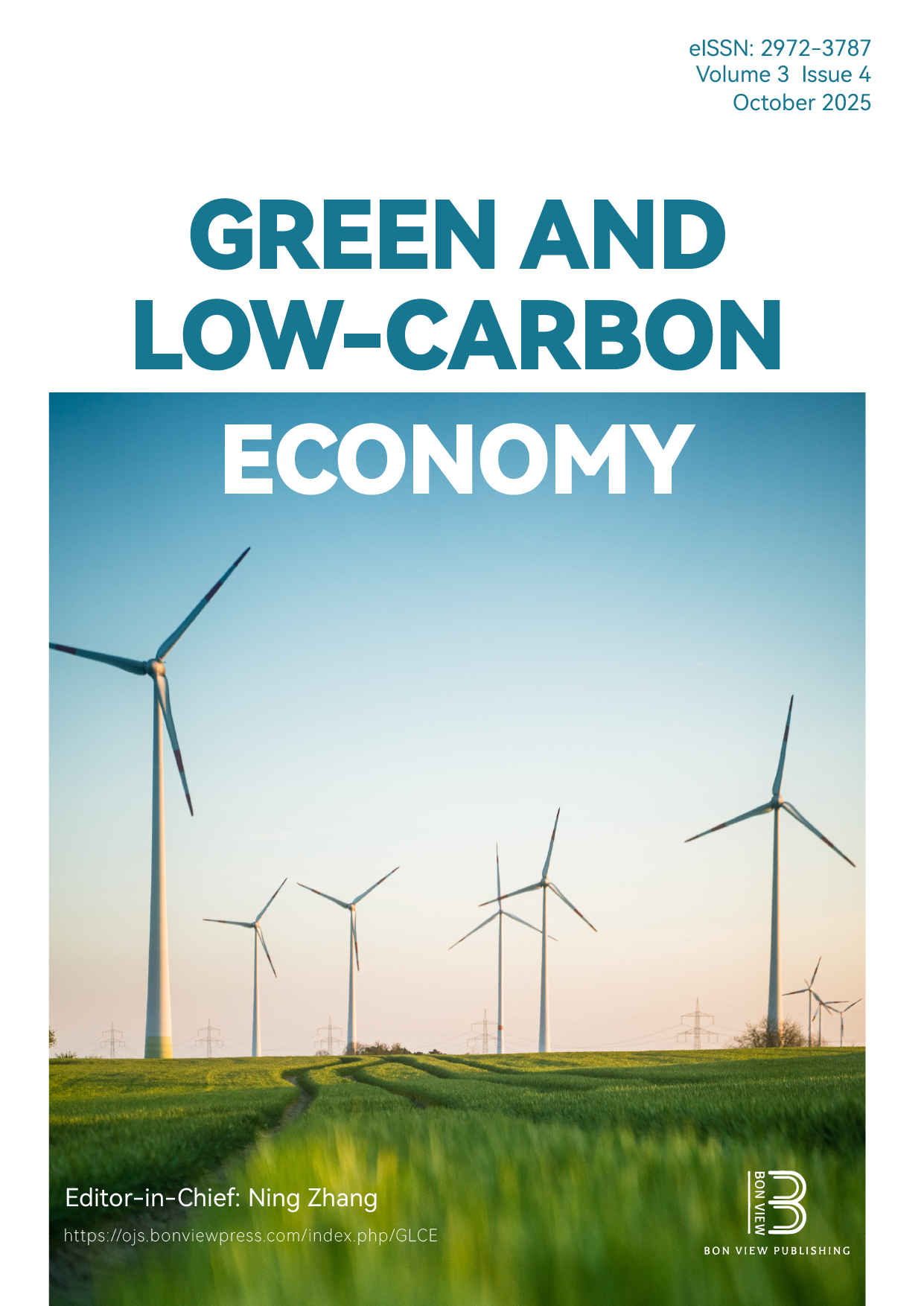Nature-Based Solutions: Sustainable Development of Latin America
DOI:
https://doi.org/10.47852/bonviewGLCE4202888Keywords:
nature-based solutions, carbon sink in agricultural lands, integrated agricultural systems, Living SoilsAbstract
Latin America is a region with abundant natural resources and diverse cultures, much of which lies between the tropics. Sustainable agriculture, pasture, and forestry practices can have a reduced environmental impact in this region compared to other parts of the world. These integrated systems practices can create a balanced use of chemical inputs, harmonious relations between humans and soil-plants-livestock, and even provide a nature-based solution to climate change by sequestering carbon emissions and are also less likely to lead to soil degradation. These practices are central to a new economic paradigm focused on a sustainable and circular bioeconomy and depend on public policies, incentives, financial mechanisms, and commitments from the business. Carbon farming sustainable agriculture focused on increasing soil health and reducing emissions can gain scale with market-driven mechanisms to surpass the various challenges. This paper presents condensed information from primary and secondary sources, representing established knowledge in the field of soil carbon sequestration in agricultural lands and its role in carbon neutrality. By implementing these strategies, we can support farmers while contributing to the objectives set by the Paris Agreement and the UN's Sustainable Development Goals.
Received: 23 March 2023 | Revised: 25 August 2023 | Accepted: 20 January 2024
Conflicts of Interest
The authors declare that they have no conflicts of interest to this work.
Data Availability Statement
The data that support the findings of this study are openly available in Food and Agriculture Organisation of the United Nations at https://www.fao.org/faostat/en/#home, and in Statista at https://www.statista.com/statistics/1227308/tree-cover-loss-global-drivers/.
Author Contribution Statement
Danielle Mendes Thame Denny: Conceptualization, Investigation, Writing – original draft. Carlos Eduardo Pellegrino Cerri: Resources, Writing – review & editing, Supervision, Funding acquisition. Maurício Roberto Cherubin: Validation, Data curation, Visualization, Project administration. Heloisa Lee Burnquist: Methodology, Formal analysis.
Downloads
Published
Issue
Section
License
Copyright (c) 2024 Authors

This work is licensed under a Creative Commons Attribution 4.0 International License.
How to Cite
Funding data
-
Fundação de Amparo à Pesquisa do Estado de São Paulo
Grant numbers 2020/15230-5 -
Shell Brasil
Grant numbers 2020/15230-5 -
Agência Nacional do Petróleo, Gás Natural e Biocombustíveis
Grant numbers 2020/15230-5


